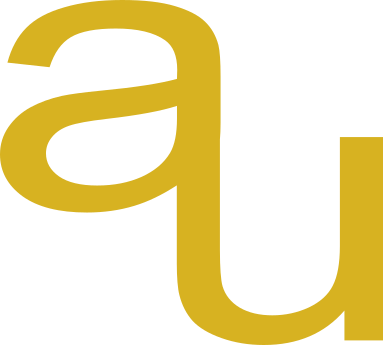Pursuing an international arbitration can be a strategic way to resolve cross-border disputes—but it’s no secret that the process can also be costly. Between arbitrators’ fees, institutional costs, expert reports, and legal representation, expenses can quickly add up. This is where third-party funding (TPF) comes into the picture.
In this post, I’ll walk you through what third-party funding is, how it works, at what stages it becomes relevant, and the role I play in helping my clients explore whether it’s the right option for their case.
What is Third-Party Funding?
Third-party funding is a financing arrangement in which an outside investor—often a specialized fund—covers some or all of the costs of your arbitration in exchange for a share of any award or settlement.
In essence, the funder takes on the financial risk of the proceedings. If you win, they receive an agreed percentage of the recovery. If you lose, the funder absorbs the loss and you are generally not required to repay them.
This mechanism can level the playing field, allowing parties with meritorious claims to move forward with arbitration even if upfront resources are limited.
In essence, the funder takes on the financial risk of the proceedings. If you win, they receive an agreed percentage of the recovery. If you lose, the funder absorbs the loss and you are generally not required to repay them.
This mechanism can level the playing field, allowing parties with meritorious claims to move forward with arbitration even if upfront resources are limited.
How Does Third-Party Funding Work?
While every funding arrangement is unique, the process usually unfolds in three main stages:
- Initial Assessment - The first step is preparing a case summary and supporting documentation so that potential funders can evaluate the strength of your claim, the potential damages, and the anticipated costs.
- Due Diligence by the Funder - If a funder is interested, they will conduct a deeper analysis of the case. This often involves reviewing case assessment, expert opinions, evidence, and enforcement prospects. Funders want to be confident that the claim is both legally strong and financially viable.
- Negotiation and Agreement - If due diligence is positive, the funder and client negotiate the terms of the funding agreement—covering issues like the funder’s return, control over key decisions, and allocation of costs.
My Role in the Funding Process
While I do not typically participate in negotiating funding agreements (and I always recommend that clients retain specialized counsel for that part), I play a vital role in the earlier stages of the process.
Here’s how I support my clients:
Here’s how I support my clients:
- Case Assessment Preparation: I help prepare the case assessment, budgets, and documentation that funders require as part of their review. This ensures your claim is presented clearly, persuasively, and with the right level of detail.
- Facilitating Connections: I can identify reputable third-party funders who are active in the international arbitration market and facilitate introductions.
- Keeping Momentum: By coordinating the exchange of information and responding promptly to funders’ requests, I help keep the process efficient and on track.
Why Consider TPF?
Third-party funding can be a strategic option if:
- You have a strong case but prefer not to commit significant resources upfront
- You want to share the risks of costly arbitration proceedings
- You value the signal a funder’s involvement sends—since their backing can indicate confidence in your claim
Final Thoughts
Third-party funding is not suitable for every case, but it has become an increasingly important feature of modern international arbitration. For many clients, it offers a practical way to pursue legitimate claims without shouldering the entire financial burden alone.
My role is to help you prepare the strongest possible presentation for funders and guide you through the early stages of the process. From there, I encourage clients to work with specialized counsel to finalize funding agreements and address the specific terms.
If you’re considering arbitration and want to explore whether third-party funding might be an option, I’d be happy to discuss how the process works and help assess whether your case is suitable for funding.
My role is to help you prepare the strongest possible presentation for funders and guide you through the early stages of the process. From there, I encourage clients to work with specialized counsel to finalize funding agreements and address the specific terms.
If you’re considering arbitration and want to explore whether third-party funding might be an option, I’d be happy to discuss how the process works and help assess whether your case is suitable for funding.

